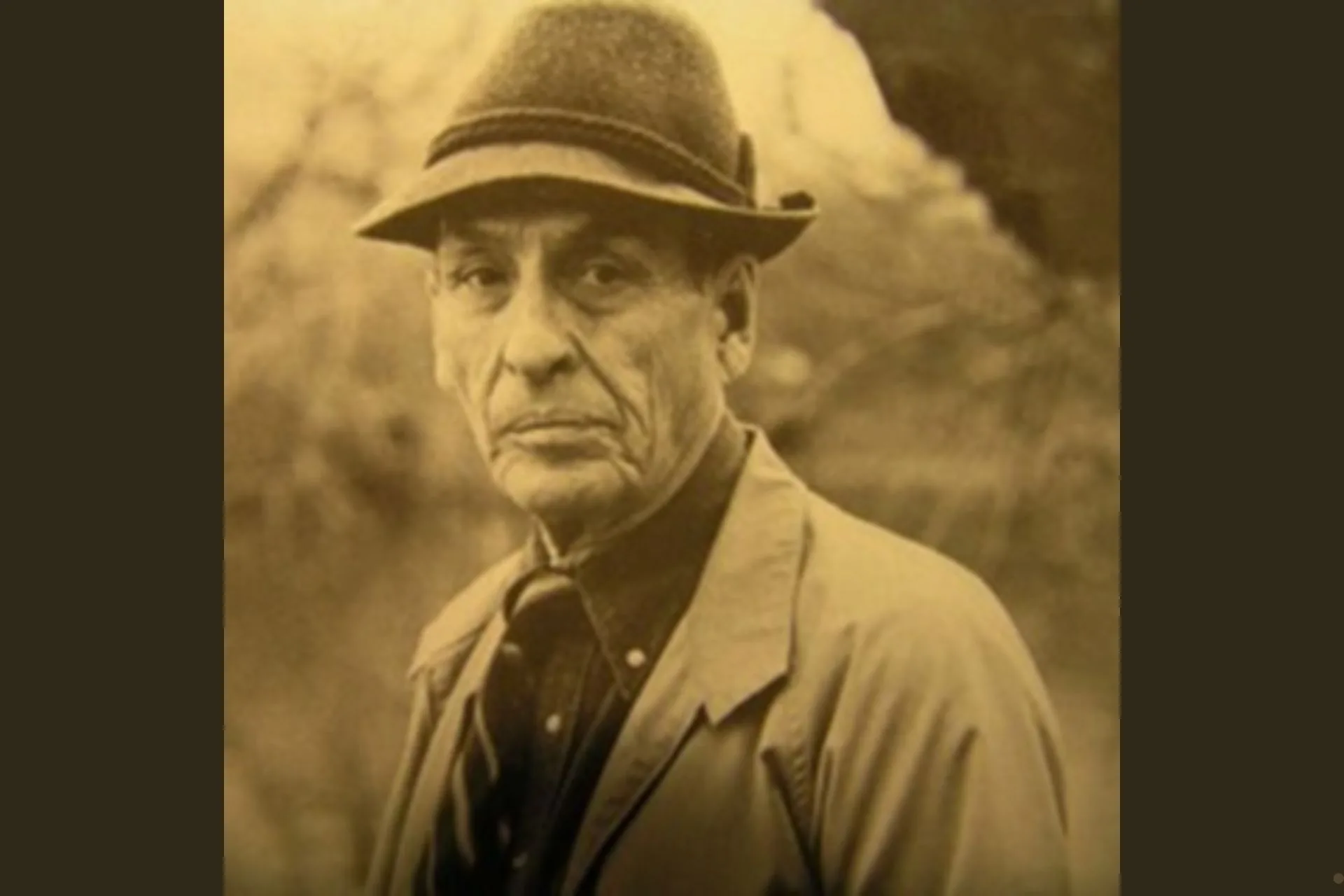Long before A River Runs Through It graced the big screen…or Brad Pitt made fly fishing look like an art form…there was Norman Maclean. He was a soft-spoken, sharp-minded writer whose roots ran deep in Montana’s soil and streams.
Maclean was born in Iowa, but his story actually begins under the big skies of Missoula. He was raised by a Scottish Presbyterian minister who homeschooled him at the breakfast table with scripture, poetry, and stories told in a Nova Scotia Gaelic accent. Maclean’s early years were shaped by rhythm, reflection, and a fly rod. Summers at the family cabin on Seeley Lake shaped who he was. Montana wasn’t just a place he lived–it became the heart of everything he wrote.
He didn’t publish a word of fiction until after retirement, but when he did, he struck literary gold. A River Runs Through It—part tribute to the wild Montana landscape, part elegy to his brilliant, troubled brother Paul—was the first novel ever published by the University of Chicago Press. It helped redefine what Western writing could be: lyrical, spare, deeply personal, and as full of beauty and heartbreak as the Blackfoot River itself.
Though technically fiction, the novella reads like truth—especially to those who know Montana. The places, the rhythms, the quiet ache of family ties strained by distance and loss—it’s all there. Maclean understood that Montana isn’t just a backdrop; it’s a character. A force. A kind of religion.
His next book, Young Men and Fire, published posthumously, tells the true story of the 1949 Mann Gulch fire near Helena, where 13 smokejumpers died in a blaze that changed firefighting forever. It’s classic Maclean: part memoir, part history, and all written with the precision of a man who knew both literature and loss.
Maclean’s own life mirrored the rugged landscape he loved. He split his time between the forests of Montana and the academic halls of Chicago. He taught Shakespeare with reverence, chopped wood with pride, and had little patience for East Coast publishers who didn’t quite “get” the West.
He died in 1990, and his ashes were scattered in the Montana mountains he never stopped writing about—or belonging to. Norman Maclean didn’t just write about Montana; he wrote Montana. And like the rivers he loved, his legacy still runs strong and deep through the hearts of readers who know that the wildest places often hold the most meaning.
Photo viat here | Information via Wikipedia



